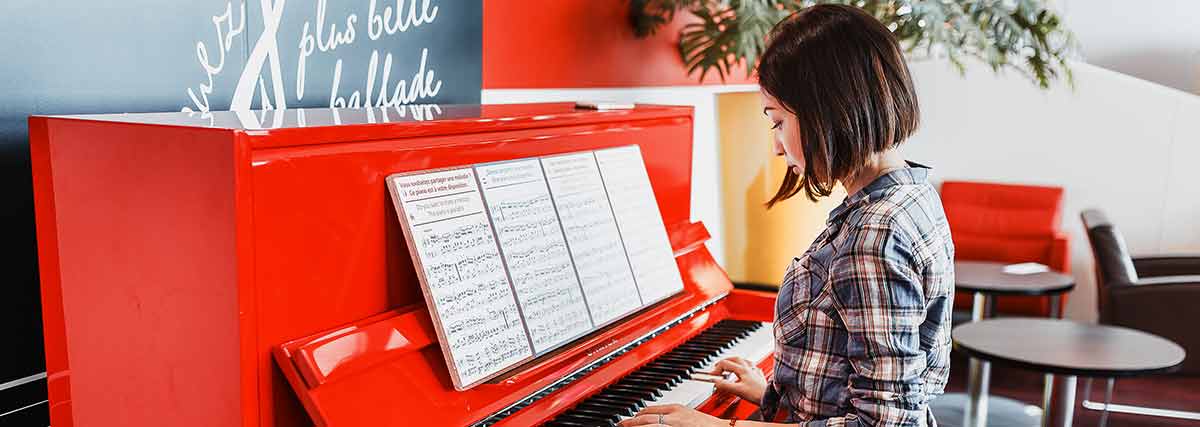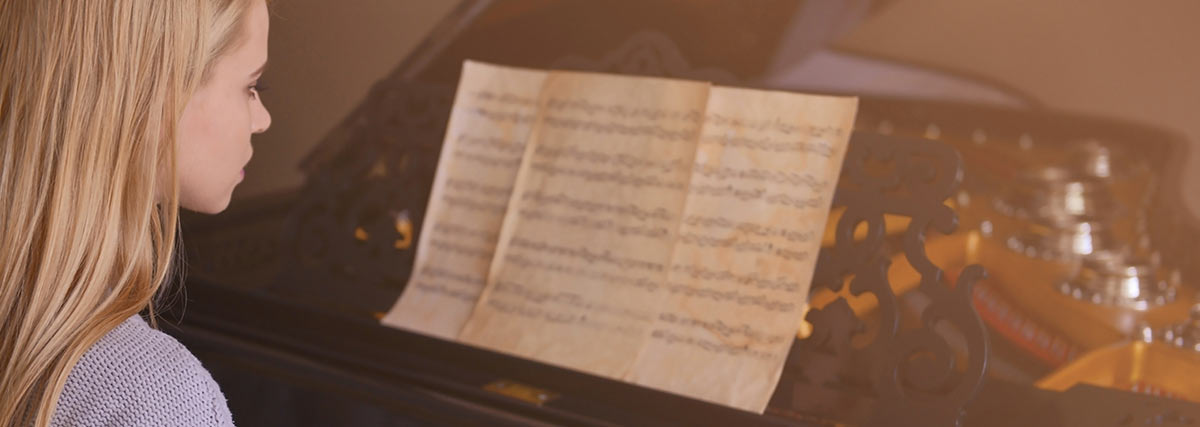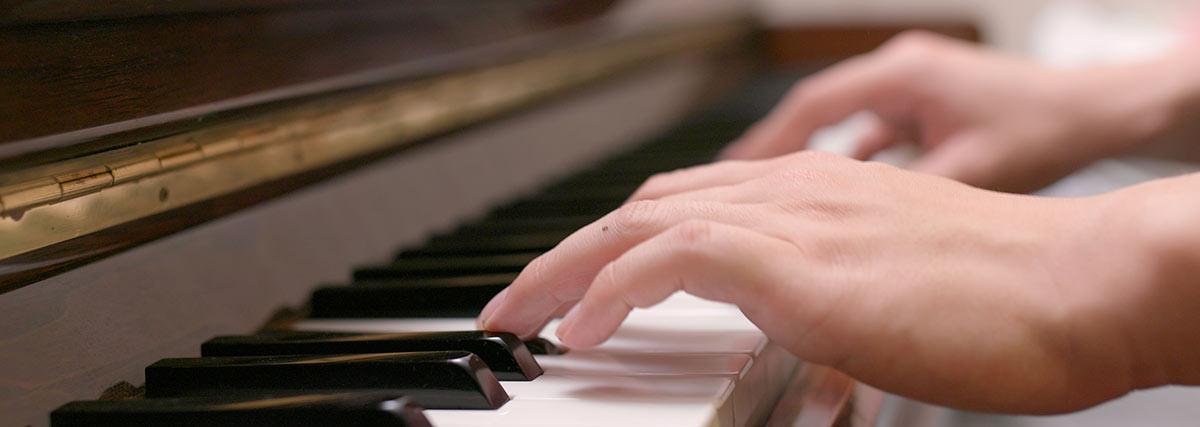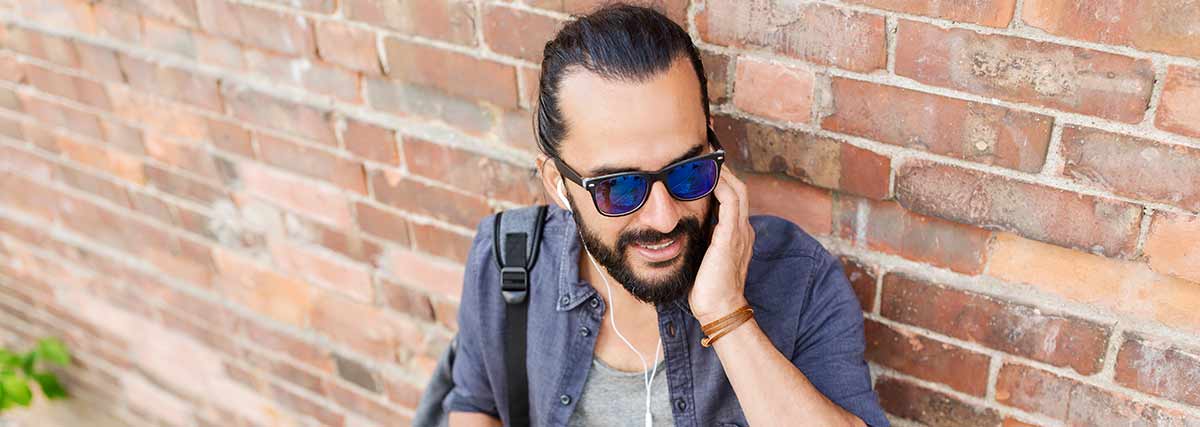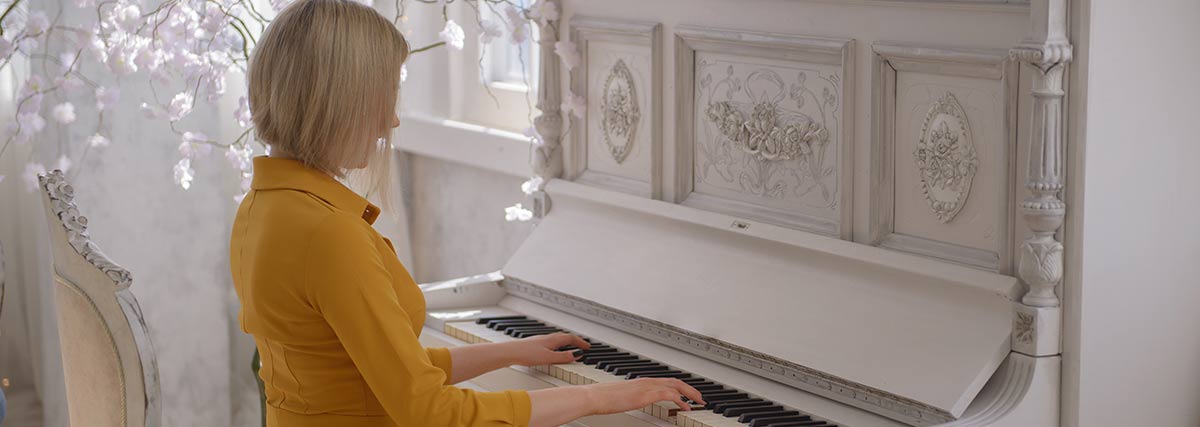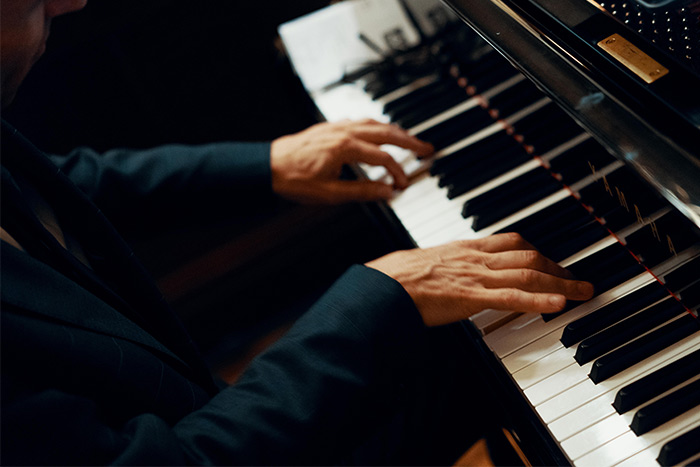Learning to play the piano can be a difficult or overwhelming task at first, but with perseverance and dedication, you can eventually become a proficient pianist. The piano is one of the most beautiful instruments you can learn to play. So, if you want to improve your piano playing skills, this is the article for you. So here are some pointers to get you started:
Practise Every Day
Practising every day will undoubtedly make your progress far more effective than practising a few times per week. Practising is essential because it is when most improvements occur. Practising allows you to work on those passages that you are having difficulty executing and also improves your understanding of the piece or song that you are working on. It is recommended that you practice for at least 15 to 30 minutes every day because the more you practice, the better you will become at playing the piano and improving your finger strength and muscle memory. If you are a beginner, you do not need to practise for long periods of time; you may practise for longer than 30 minutes as long as it is still productive and you feel you are progressing. It is preferable to practise for short periods of time with maximum productivity rather than an hour without learning anything.
Learn Music Theory
It is essential for a musician to understand the fundamentals of music. Because music theory is like a language, it will be difficult to learn and improve your skills as a musician if you do not have this knowledge. To be able to play your favorite classical piece, you must first learn how to read music and understand the basic foundations of melody, rhythm, and harmony. These are the fundamental elements of music. So, if you want to become fluent in piano playing, expand your musical knowledge by studying music theory. You will never be sorry because it will undoubtedly help you become a better pianist.
Improve Your Technique
One of the most important aspects of playing the piano is technique. Poor technique can make it difficult to play correctly, affecting your overall performance and enjoyment of the instrument. The position of your hands is important because it allows you to make the correct movements when playing different note passages. Injuries to your hands and fingers, as well as other parts of your body such as your back and neck, can result from improper technique. Proper posture while playing is also important because it can help reduce fatigue and prevent injuries. To improve your technique, you must practice and focus on the details that will make your tone quality sound much better. Scales are a good place to start because they allow you to practice technique and intonation at a slow and steady pace. Paying attention to minor details like wrist position will help you improve your overall technique and improve the sound of your playing.
Listen to Different Music Styles
If you want to improve your piano playing skills, you can listen to a variety of music styles. Each music style has its own characteristics and approaches that you must adapt when it comes to technique. It is especially useful when preparing a repertoire of pieces by various composers from various periods. Knowing different styles will undoubtedly help you improve your piano playing abilities. It will also help you become a more versatile pianist. It is best to begin learning from the baroque period, when the fathers of music lived.
Take Piano Lessons
Taking piano lessons can help you improve your skills and motivate you to keep practicing, as well as increase your musical ability and develop a deeper understanding of music. By regularly practicing, you can broaden your musical knowledge and develop your skill set with piano lessons. A good piano teacher will guide you and teach you the proper technique for improving your piano playing. There are numerous advantages to taking piano lessons, including increased confidence in your playing ability and the development of a better sense of rhythm and timing. It can also assist you in improving your ability to read sheet music and learning the fundamentals of music theory. You can also learn to play your favourite songs and develop an appreciation for classical music.
For a beginner, learning the piano can be overwhelming, but by breaking it down into simple steps and making the process fun and rewarding, you will soon find yourself mastering the skills required to become a great pianist! Have faith in yourself! If you don’t succeed the first time, keep trying! You will be able to learn piano in no time if you put in enough effort and dedication. If you follow these suggestions, you’ll be well on your way to becoming a successful pianist!

